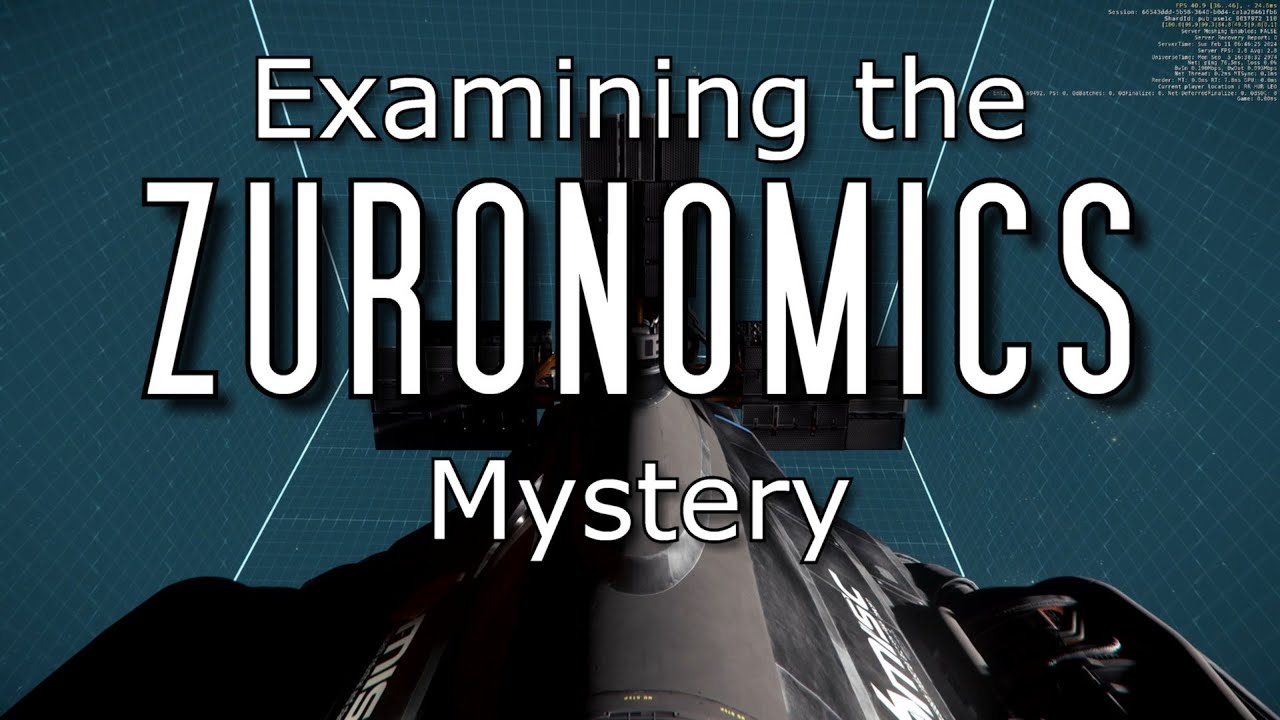"I look into the reason why the Quantum Economics System may not be able to scale and how to change the underlying assumptions to fix it.
Background, what is Quanta Economics.
Why it might not be able to keep up
The big picture
The Assumptions need to be Simplified.
Rayonomics
Changing the presumption of what we need to model
Standard Logistics Network over point-to-point routes."
In this video, Daniel Raymond discusses the potential problems with Tony Zurovec’s Quantum economic system, also known as “Zuronomics.” He begins by mentioning his childhood experiences in Missouri and the relevance of the phrase “What does that have to do with the price of potatoes?” in relation to economic systems. He notes that the limited rollout of Zuronomics has been underwhelming, and the lack of updates on the system’s progress suggests scalability issues. However, he acknowledges that he does not have insider information and could be wrong.
Raymond then explains the concept of the Quantum economic system, which aims to allow players to influence the game’s economy without dominating or manipulating it. The system involves the use of bots that simulate gameplay decisions and actions, becoming visible when interacting with players. However, as the game’s complexity and scope increase, the bot-driven model may struggle to scale effectively.
He briefly digresses to discuss Southern New Hampshire University’s online Bachelor of Science in computer game programming, emphasizing its accreditation and affordability. Raymond mentions the possibility of combining online education with local college courses for a hybrid learning experience.
Returning to the topic of game economics, Raymond proposes a simplified alternative to Zuronomics called “Romics.” In this system, players are the adventurers and freelancers of the game, while the bots represent employees of industrial corporations. This simplifies the decision-making process, as the focus shifts to corporate decisions rather than individual actions. Raymond suggests that standardized routes, leveraging existing location tiers, could replace the need for complex point-to-point modeling.
The video concludes with information about giveaways and a reminder to enter for a chance to win various in-game items. Raymond signs off as Daniel Raymond for “Ray’s Guide.”
